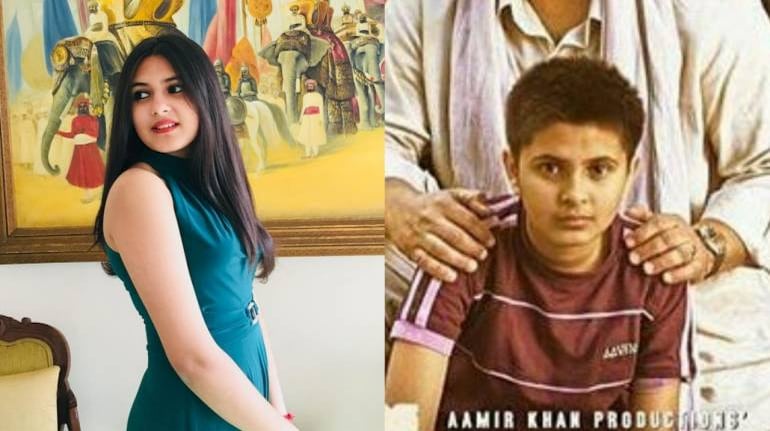



Suhani Bhatnagar, who played young Babita Kumari Phogat in Aamir Khan's film Dangal, was 19 when she breathed her last on February 16 in Delhi. According to media reports, the actor developed a side effect from medication after suffering a fracture in the leg.
Her father, Puneet Bhatnagar, told the media that the actor suffered from a rare disease called dermatomyositis (an inflammatory disease marked by muscle weakness and skin rash). She was given steroids, the only cure for her condition, in hospital which weakened her immunity. As a result, she had an infection, her lungs weakened and were filled with water, making it difficult for her to breathe.
A term not so common in medical history, dermatomyositis suddenly became a worrying concern after Suhani’s death. According to doctors, it is a rare condition with around 1 in every 100,000 people developing it each year.
Says Dr Vinay Sabharwal, a skin doctor who practises in Secunderabad and is also a consultant in RGN Hospital in the city, "This rare inflammatory disease affects the muscles and skin. It's considered an autoimmune disorder, where the body's immune system mistakenly attacks its own tissues."
Symptoms of dermatomyositis:
Muscle weakness: The person affected with dermatomyositis suffers muscle weakness, particularly in the muscles closest to hips, thighs, shoulders, upper arms, and neck.
Skin rash: Another common symptom is skin rash. It can appear on the face, knuckles, elbows, knees, chest, and back. It often looks like a reddish-purple discolouration and in medical terminology is called heliotrope rash.
Difficulty swallowing: Some patients with dermatomyositis experience difficulty swallowing, due to weakness in the muscles of the throat.
Fatigue: General fatigue and malaise are very common during dermatomyositis.
Joint pain: Joint pain, swelling, and stiffness can occur frequently to the one suffering from dermatomyositis.
Fever: One will suffer from moderate to high fever especially in the early stages of dermatomyositis.
Cure for dermatomyositis
There is no cure for of dermatomyositis, but the medication aims to manage symptoms, improve muscle strength, and prevent complications. Dr Sabharwal says that before taking any medication, it is important to take the right medical consultation because the wrong medication can impact severely too.
Some of the common medications, according to him, are Prednisone which is commonly prescribed to reduce inflammation and muscle weakness. Drugs such as methotrexate, azathioprine, or rituximab may be used sometimes to suppress the immune system and reduce inflammation. Other than this, physical therapy is also crucial to manage dermatomyositis. This helps maintain muscle strength, improve mobility, and prevent muscle atrophy.
Also, doctors suggest avoiding exposure to sun as it can worsen skin symptoms. "Using sunscreen and protective clothing is important," says Dr Sabharwal.
Discover the latest Business News, Sensex, and Nifty updates. Obtain Personal Finance insights, tax queries, and expert opinions on Moneycontrol or download the Moneycontrol App to stay updated!